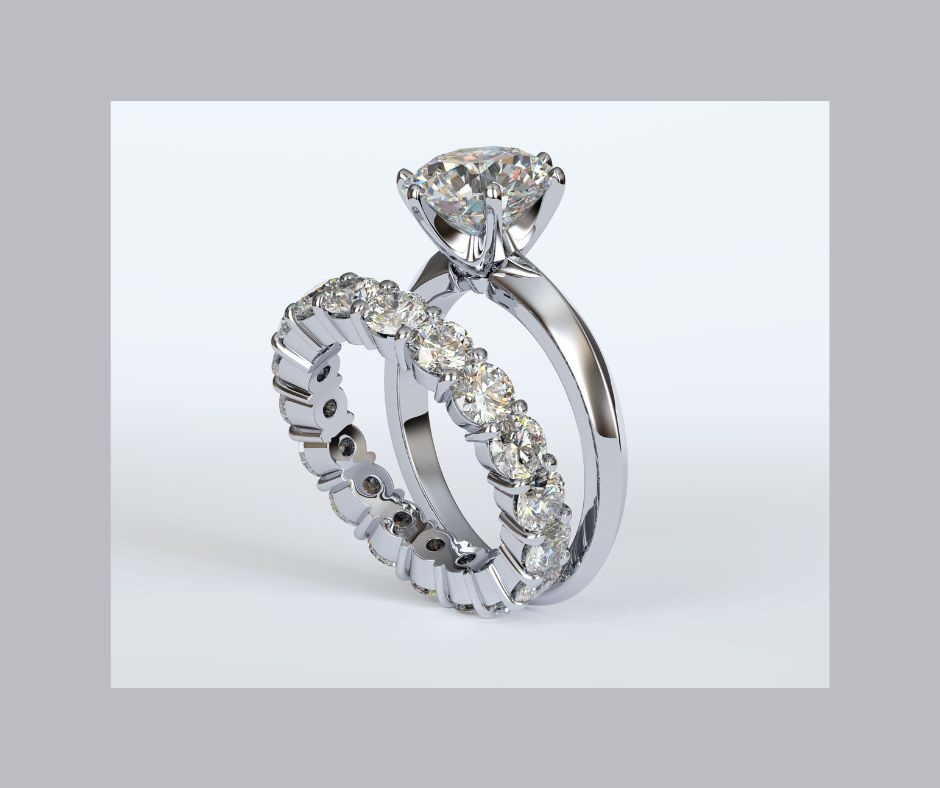 What to do with wedding rings after divorce and what to do with engagement rings after divorce are questions commonly asked of family law attorneys. When the condition of the gift has been satisfied, the recipient of the ring then becomes the rightful owner. In addition, the ring is then considered that person’s separate property, and then does not become subject to equitable distribution in the event of a divorce.
What to do with wedding rings after divorce and what to do with engagement rings after divorce are questions commonly asked of family law attorneys. When the condition of the gift has been satisfied, the recipient of the ring then becomes the rightful owner. In addition, the ring is then considered that person’s separate property, and then does not become subject to equitable distribution in the event of a divorce.
Wedding ring laws by state
New Jersey is characterized as an equitable distribution state. Equitable does not always mean equal. Essentially, under equitable distribution laws in the state of New Jersey, each party must receive an equitable share of the marital assets acquired during the marriage. A marital asset is generally defined as any asset that was acquired during the course of the marriage, irrespective of who paid for the asset. However, gifts are often treated differently, especially gifts in contemplation of marriage.
Similarly, an engagement ring is also not subject to equitable distribution, and the recipient of the ring keeps the ring. If the couple ultimately does not marry, then the condition of the gift is not satisfied, and under New Jersey law, the engagement ring must be returned. Engagement rings, and wedding rings are not typically considered marital assets, unless there was some significant modification or increased value during the course of the marriage.
Who gets the engagement ring in a divorce.
Sometimes people exchange engagement rings during holidays or special occasions, such as anniversaries or birthdays, which can also complicate the situation. If it can be established that the gift was a holiday present without any condition of marriage, an engagement ring might not need to be returned if the marriage does not take place.
Sometimes drafting prenuptial agreements to modify how certain issues will be handled in the event of a divorce, or to establish everyone’s position in the event of a divorce, can also include what to do with wedding rings after a divorce.
Divorce can be difficult and oftentimes emotionally charged. Wedding rings and engagement rings are usually sentimental items. Emotions can greatly influence decisions regarding sentimental items, and how they are treated in the event of a divorce.
It is always a good idea to keep records pertaining to wedding rings, especially the value of these assets. Keep documentation of any discussions regarding the wedding ring. Having the wedding ring valued for insurance purposes, and adding it as a rider to a homeowner’s insurance policy is also a recommended course of action.
Also, it is important to consider how decisions pertaining to the ring will align with any future goals of the parties and the families as a whole.
Can you return wedding rings?
There is a distinction between how the court would handle a situation and what people are able to do on their own during a divorce. Not unlike other situations, people can make a choice to do things differently than the court may otherwise handle a situation in the event of a divorce. The parties can agree that the rings will be returned.
Should you wear your wedding ring during a separation?
This is purely a personal choice. Sometimes people are having difficulty accepting the likelihood of divorce, and sometimes people are hoping that a reconciliation would still be possible. Either way, it is usually a nonlegal issue and a matter of personal preference.
Selling wedding ring after divorce
Certainly the person who keeps the ring is able to make whatever decisions they choose, and sometimes people choose to sell the ring. Couples often make the joint decision to sell the rings and use the proceeds toward something else, perhaps for the children or a joint debt or liability. At DeTorres and DeGeorge, we are here to help. We can answer questions with regard to what to do with wedding rings after divorce and what to do with engagement rings after divorce. Contact us today to schedule a consultation.

 START LIVE CHAT
START LIVE CHAT









